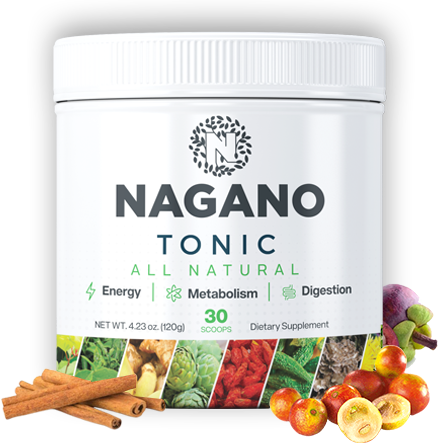
Predictions for the Future of Wellness in 2025
- The demand for holistic health solutions will continue to rise as consumers prioritize their mental and emotional well-being.
- Personalization in wellness products is key, with a shift towards individualized solutions tailored to specific needs.
- Technological advancements will significantly influence wellness practices, making tools more accessible and effective.
- A strong focus on sustainability will shape consumer preferences, pushing brands to adopt eco-friendly practices.
- The integration of wellness education will empower consumers to make informed health choices.
As we look ahead to 2025, the landscape of wellness is evolving rapidly. Numerous factors influence the future of wellness products and practices, including technological innovations, changing consumer behaviors, and emerging research in holistic health. Understanding these trends can help consumers navigate their wellness journeys better, while also keeping wellness providers informed on the necessary adaptations.
Key Trends Shaping the Future of Wellness
| Trend | Description | Impact on Wellness Industry |
|---|---|---|
| Holistic Health Solutions | The increasing focus on mental and emotional well-being. | Providers will expand offerings to include therapy, mindfulness, and stress management tools. |
| Personalization | Consumer preferences shifting towards customized wellness routines. | Brands will likely invest in developing products that cater to individual needs. |
| Technology Integration | Usage of apps and smart devices for tracking wellness practices. | Enhanced access to data-driven insights for better health decisions. |
| Sustainability | Growing demand for eco-friendly and ethical products. | Increased prevalence of sustainable practices within the wellness industry. |
| Education and Awareness | Focus on providing education about wellness practices and products. | Consumers empowered to make informed decisions regarding their health. |
Holistic Health Solutions: A Comprehensive Approach
The past few years have shown a marked increase in the importance of mental health. As we approach 2025, this trend will likely continue to influence wellness products. Solutions that combine physical health with mental and emotional support will gain traction, reflecting a deeper understanding of the interconnectedness of wellness.
Personalization: The Heart of Consumer Choice
The one-size-fits-all approach is fading. Individuals are seeking products tailored to their specific needs. Brands will increasingly prioritize personalization, offering customized solutions ranging from essential oils to wellness supplements. This shift will support consumers in achieving better health outcomes.
Technology Integration: The Future is Here
Technology is rapidly transforming the wellness landscape. Tools like mobile apps, wearables, and telehealth platforms will provide real-time health insights, making wellness management more accessible and efficient. As these technologies continue to improve, they will play a pivotal role in shaping personalized wellness experiences.
Sustainability: Becoming Eco-Conscious
As Millennials and Gen Z become more conscious consumers, there is an overarching demand for eco-friendly and ethically sourced products. The wellness industry will need to adapt, with a strong focus on sustainable materials and practices. Brands that prioritize the environment will likely thrive in this evolving marketplace.
Education and Awareness: Knowledge is Power
With a growing emphasis on wellness education, consumers are becoming increasingly informed about their choices. Enhanced availability of resources and educational content on wellness practices—such as herb usage and aromatherapy—will enable individuals to make empowered decisions about their health.
Pros
- Increased access to personalized wellness products.
- Greater awareness of mental health significance.
- Easier tracking of health using technology.
- Focus on sustainable choices benefits the environment.
- Empowered consumers make informed decisions.
Cons
- Potential misinformation may arise as consumers rely on technology.
- Personalization could lead to higher costs of products.
- Pressure on brands to meet sustainability standards may affect product availability.
Emerging Consumer Behaviors in Wellness
As consumer awareness and preferences transform, businesses in the wellness industry must adapt to survive. Here are some noteworthy behaviors we can expect in the coming years:
- Increased demand for self-care: Consumers are prioritizing time for self-care practices, from aromatherapy to relaxation aids. For insights on popular self-care products, visit our Aromatherapy Products page.
- Social media influence: Platforms like Instagram and TikTok have turned wellness into a trending topic, shaping consumer choices and driving interest in specific products.
- Community engagement: Creating connections and sharing experiences with others will help fuel the growth of wellness communities.
Conclusion
The path to wellness continues to evolve, driven by innovative ideas, consumer demands, and the pursuit of sustainable practices. Keeping an eye on these trends can offer valuable insights into the future of wellness, allowing consumers and businesses alike to be prepared for what's next. As we move toward 2025, the wellness industry will likely see exciting changes that prioritize mental well-being, personalization, technology, and eco-consciousness.
Stay Informed
For more on the latest trends affecting wellness, join our community by checking out our News and Trends section and stay updated on current developments that shape the wellness landscape.
